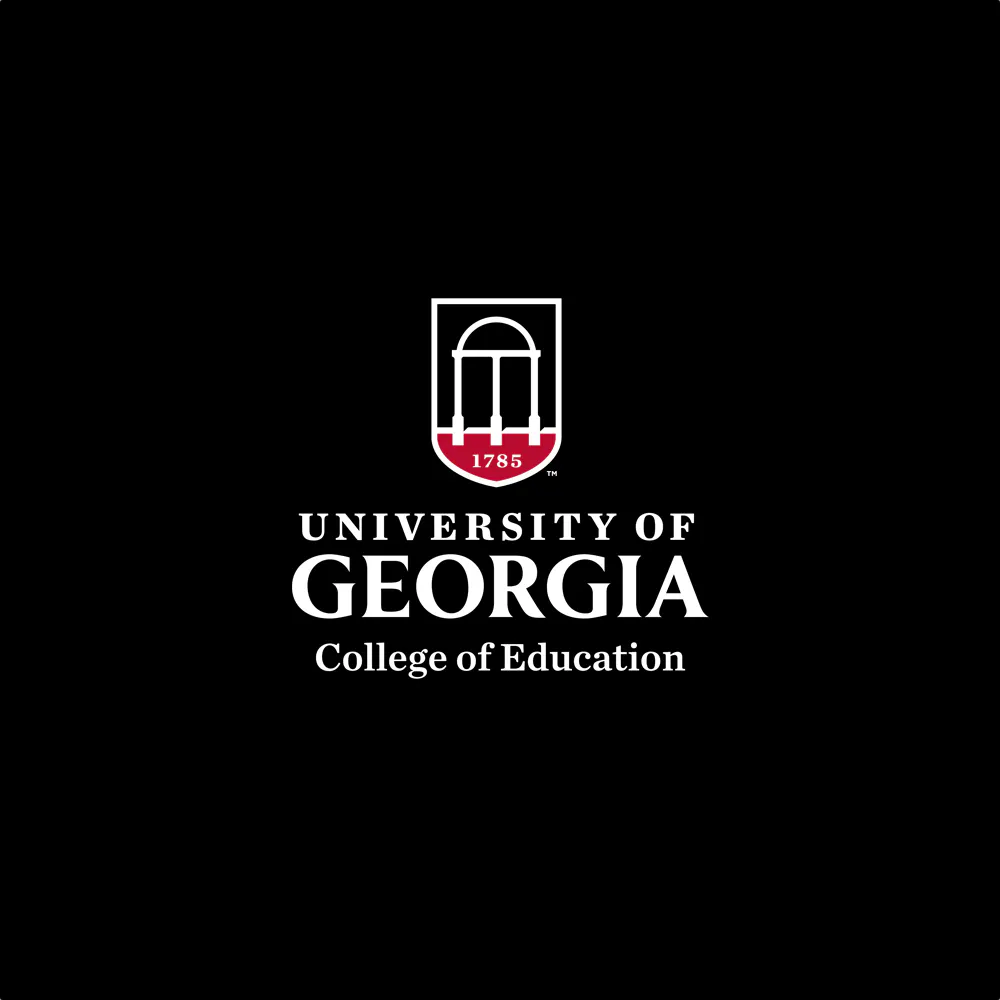New issue of JoLLE continues to push boundaries
Sure, there are academic articles in the latest issue of JoLLE. But you'll also find podcasts, book reviews from students and teachers, and poetry and arts tied to current events.
That's a standard line-up for the Journal of Language and Literacy Education—referred to as JoLLE—a student-run, nationally recognized journal. It's constantly pushing boundaries of academic journals while also taking advantage of its online format.
Take the podcasts, for example. They are short interviews with each edition's authors, offering a behind-the-scenes look into the thought process that went into creating the story to begin with. "It's really nice to hear the podcast and have their voice in my head as I'm reading the article," said Jennifer Jackson Whitley, co-communications editor for the journal and a graduate student in the Department of Language and Literacy Education at the University of Georgia College of Education.
Michelle Falter, JoLLE's 2014-2015 principal editor, said the podcasts are one more way they can explore literacy, while adding another layer of information to the journal's content.
"Just learning why they choose to do things a certain way is information that we don't see when we read the final story," she said. "I wanted to embrace that it's an online journal and embrace the things it can do as an online journal."
This latest edition of the twice-yearly journal embraces a theme—"Embodied and Participatory Literacies"—and this theme ties it to the JoLLE conference that took place earlier this year. Those who went to the conference, which included participants from across the world, can now read more on the topics that they heard from speakers at the event.
Falter said embodied literacies is a newer area of language and literacy education, but one they wanted to embrace because it addresses the different ways we connect. That theme easily translated to both the conference, which strives to feature interactive sessions, and the journal, which is also active on social media.
The new issue highlights two articles that again push the boundaries of journal content. In one, Lalitha Vasudevan, a faculty member at Teacher's College at Columbia University, writes about what she learned while watching children play—and how their play can translate into literacy practices. The second featured article, by Christine Woodcock and Phyllis Hakeem of American International College, is a love letter of sorts on the transformative effect literacy education has on your physical self.
Again, pushing those traditional journal boundaries.
But that shouldn't be shocking, coming from an entirely student-run journal. Many are graduate students in the College of Education's Department of Language and Literacy Education, but some are in educational psychology or educational theory and practice. Students earn course credit for their work, but like most quality publications, the work that goes into it far outweighs what's expected.
Students review submissions on a rolling basis, and because they believe in a truly open-access journal, they don't charge authors for their submissions, and they are sure to offer everything for free online.
And because part of being accessible includes appealing to a wide audience, Falter said it's important to make the articles appeal to a range of teachers, faculty and students. Thus, the poetry and arts also add social commentary. The podcasts and book reviews appeal to those both in and out of the classroom. And a regular "Voices from the Field" section speaks directly to educators.
"I think we're constantly pushing against what a 'research article' is," said Falter. "We try not to squash other people's styles."
_Above: Editorial board members of the Journal of Language and Literacy Education (JoLLE) are (from left) Margaret Robbins, poetry and arts editor; Jennifer Whitley, co-communications editor; Meghan Barnes, managing editor; Michelle Falter, principal editor; Lou Cardozo Gaibisso, editorial board member; and Peter Smagorinsky, faculty advisor. Photo by Albina Khabibulina, production editor.___
